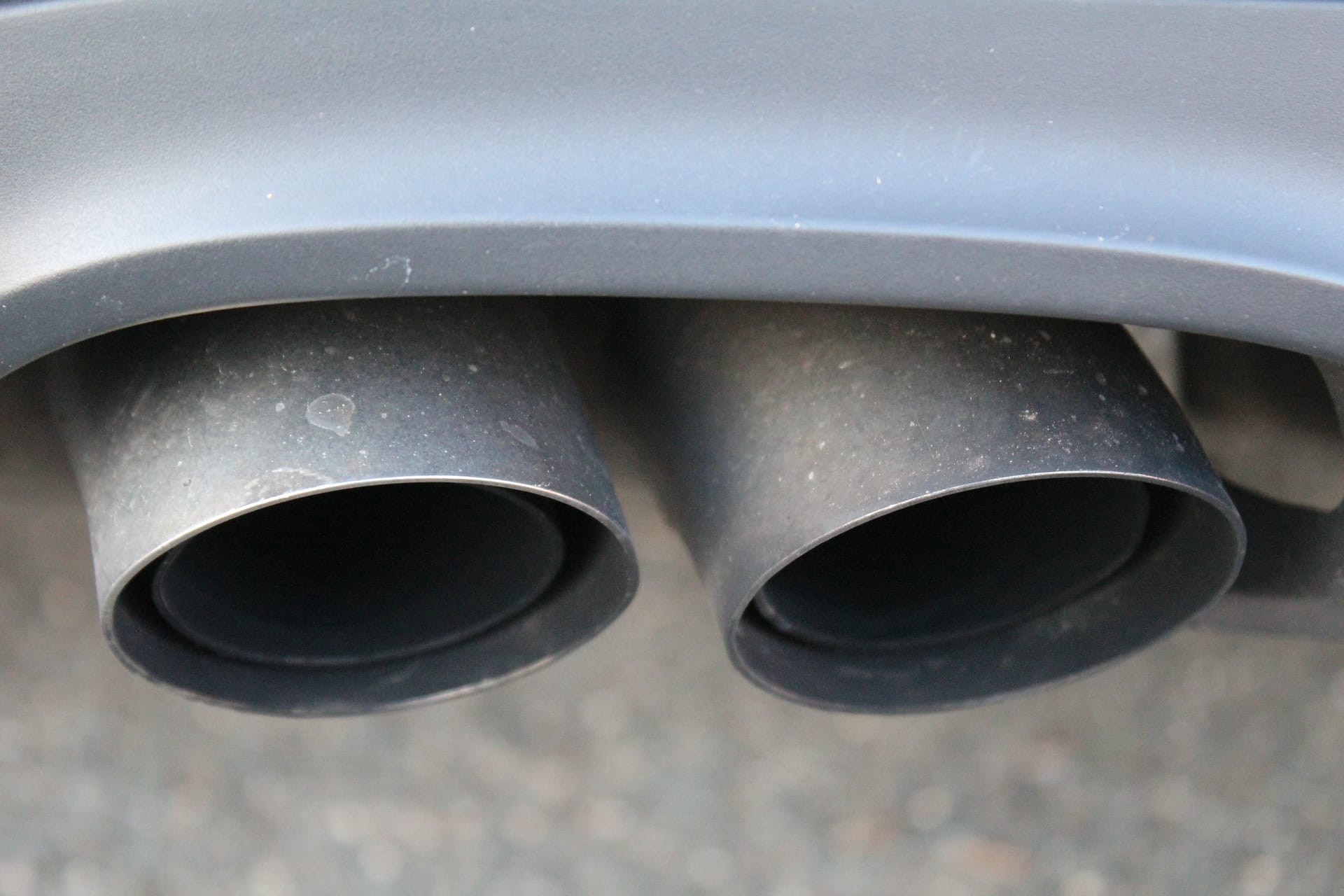As your local exhaust specialists, we like to educate drivers so that you can stay safe and achieve the best performance levels.
What Does The Exhaust Do?
Your Exhaust:
- Draws toxic fumes away from the vehicle’s interior.
- Maximises engine efficiency.
- Improves the amount of fuel consumed.
- Controls noise whilst the engine is running.
Car exhausts tailpipes are the means by which the gases are released from the vehicle but there are other interconnected parts which aren’t immediately visible that must be fully operational.
Firstly, all the emissions are forced in to the cylinder head in the engine by a funnel named the exhaust manifold. The catalytic convertor, mandatory in all petrol car exhausts since 1993, takes these harmful gases and converts them in to a less damaging vapour of water and gas. The vapour is transported through a silencer, this part maintains the correct noise levels during operation, before reaching the tailpipe and the great outdoors.
Why is the exhaust so important?
Your exhaust is the only way that the emissions are removed. Exposure to the gases in the vehicle can make the occupants feel sleepy, cause them to lose consciousness or in the worst-case scenario, cause death. The fuel and engine efficiency save you money and time.
The police have the power to remove any vehicle from the road which they consider a risk through emissions. The amounts of acceptable pollution (noise and air) are determined by inflexible laws so driving without the exhaust in good condition could not only be dangerous but might lead to legal action and fines.
How can you and the police tell that there’s a problem with the exhaust?
You need to seek advice from exhaust specialists if you see blue smoke. This is caused by burnt oil within the exhaust.
You may also see white smoke. This, on start-up is not a problem but continued white smoke output needs to be professionally evaluated. Normally, this is caused by a coolant leak or a crack in the engine.
You know how your vehicle should sound so it will be evident when there is a change. Whether the noise is rattling, hissing, banging or roaring, these indicate an issue, either with the integrity of the exhaust fitting, wear and tear or a hole or crack caused by corrosion or an accident.
Check the car exhausts regularly for signs of rust, corrosion, holes, gaps and loosening parts. Ensure that the tailpipe is always clear of debris.
How can you find peace of mind?
Did you know that vehicles used for short journeys are prone to experience exhaust corrosion more quickly than those engaged in long distance journeys?
When you suspect that you require exhaust fitting or repairs, contact our friendly, efficient and competitively priced exhaust specialists. A complete replacement may not be necessary. Depending on the problem we can often focus our attention on just the faulty component. When corrosion or damage is extensive, we usually recommend an entire exhaust fitting.
To learn more, please call in or contact Mick Jones and our team.

